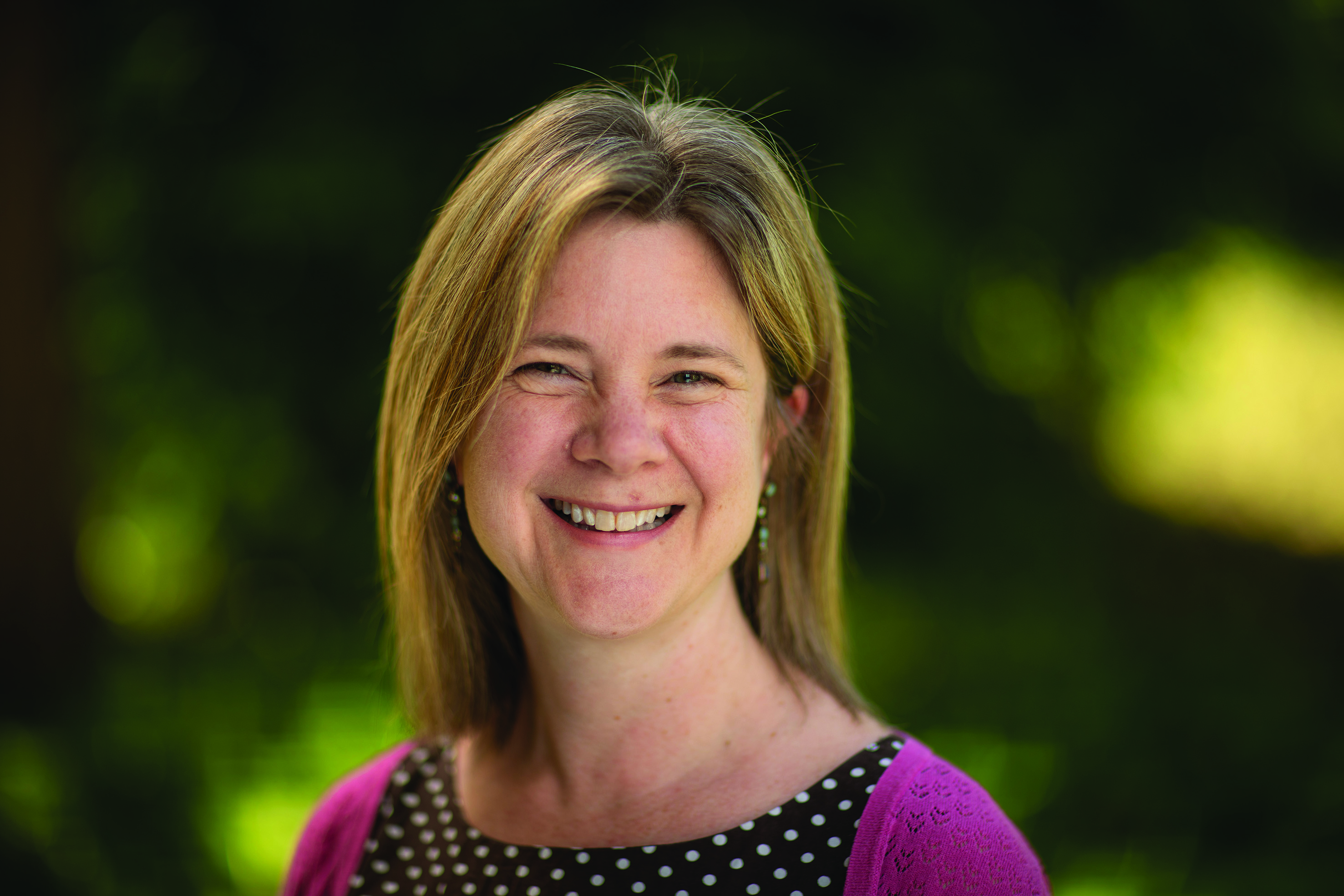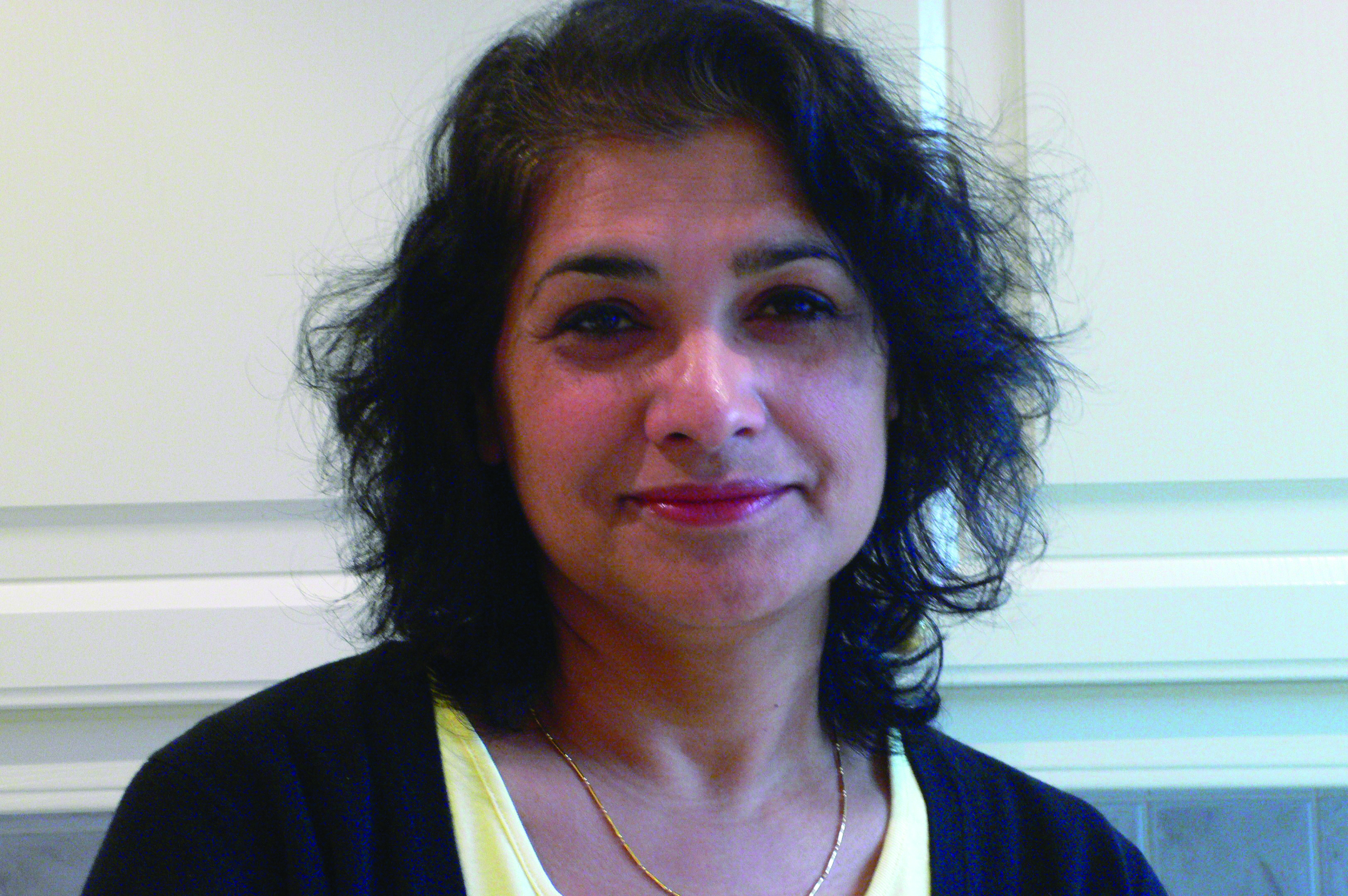
 Last month saw the publication of Working with the revised Early Years Foundation Stage: Principles into Practice by Dr Julian Grenier, who led on the revised Development Matters. This independently written document acts as a companion to the revised non-statutory guidance and is to be welcomed.
Last month saw the publication of Working with the revised Early Years Foundation Stage: Principles into Practice by Dr Julian Grenier, who led on the revised Development Matters. This independently written document acts as a companion to the revised non-statutory guidance and is to be welcomed.
The great strength of Development Matters: Non-statutory curriculum guidance for the early years foundation stage(September 2020) is its non-technical language,  which will be accessible to both parents and all early years practitioners. At the same time, its weakness is that straightforward language cannot contain nuance – which is needed for a deep understanding of child development and pedagogy.
which will be accessible to both parents and all early years practitioners. At the same time, its weakness is that straightforward language cannot contain nuance – which is needed for a deep understanding of child development and pedagogy.
Register now to continue reading
Thank you for visiting Nursery World and making use of our archive of more than 35,000 expert features, subject guides, case studies and policy updates. Why not register today and enjoy the following great benefits:
What's included
-
Free access to 4 subscriber-only articles per month
-
Unlimited access to news and opinion
-
Email newsletter providing activity ideas, best practice and breaking news
Already have an account? Sign in here
